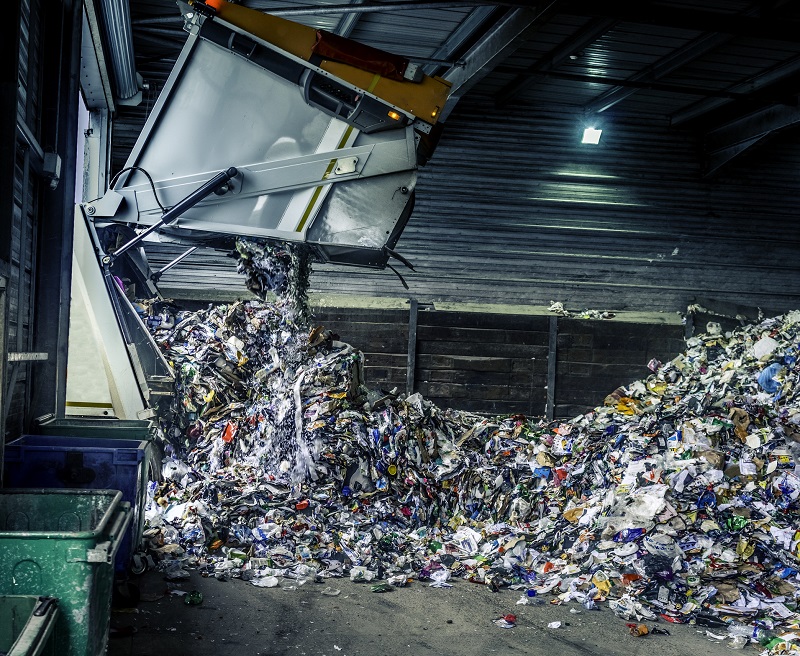In another incredible attempt to make our environment clean and green, scientists have come up with a confounding epiphany. A study by researchers at the University of Texas demonstrates the decomposition of plastic through the use of specific enzymes. Experiments have shown that the implementation of this enzyme on products manufactured from polymer polyethylene terephthalate (PET) turn the substances into pieces in a week, but in the majority of cases, the product will be broken down in just 24 hours. The enzyme that is being used in this process known as FAST PETase. It activates the hydrolases of PET plastic. The decomposition of PET plastic is also called “depolymerization” and this process is sustainable as well as it doesn’t cause any harm to the environment.
To test the efficiency of this enzyme, scientists have conducted tests on 51 different plastic products, polyester fibers, and water bottles at different temperatures. The experiments were successful, and the enzyme broke down these substances at a temperature of less than 50 degrees Celsius (or 122 degrees Fahrenheit). This also shows that the process is rapid and there is no need to wait for about centuries for the decomposition of such products, as had happened before. Some early experiments in which researchers tried the same process but with different enzymes were not compelling enough as they were powered by a lot of constraints like temperature and pH, which made it difficult for the scientists to achieve their goal. However, this contemporary enzyme works smoothly irrespective of any limitations.

One of the lead researchers, Hal Alper, said, “The possibilities are endless across industries to leverage this leading-edge recycling process.” Beyond the obvious waste management industry, this also provides corporations from every sector the opportunity to take the lead in recycling their products. Through these more sustainable enzyme approaches, we can begin to envision a true circular plastics economy. ”
A lot of products that fall within the range of consumer packaging contain this PET plastic, which constitutes around 12% of the global waste. If not disposed of properly and on time, this PET plastic has the potential to inflate our environment with a lot of harmful gases, thus contributing to global warming. The application of this enzyme would help us achieve an efficient and eco-friendly environment for generations to come. As Alper said, “When considering environmental clean-up applications, you need an enzyme that can work in the environment at an ambient temperature.” This requirement is where our technology has a huge advantage in the future. “



